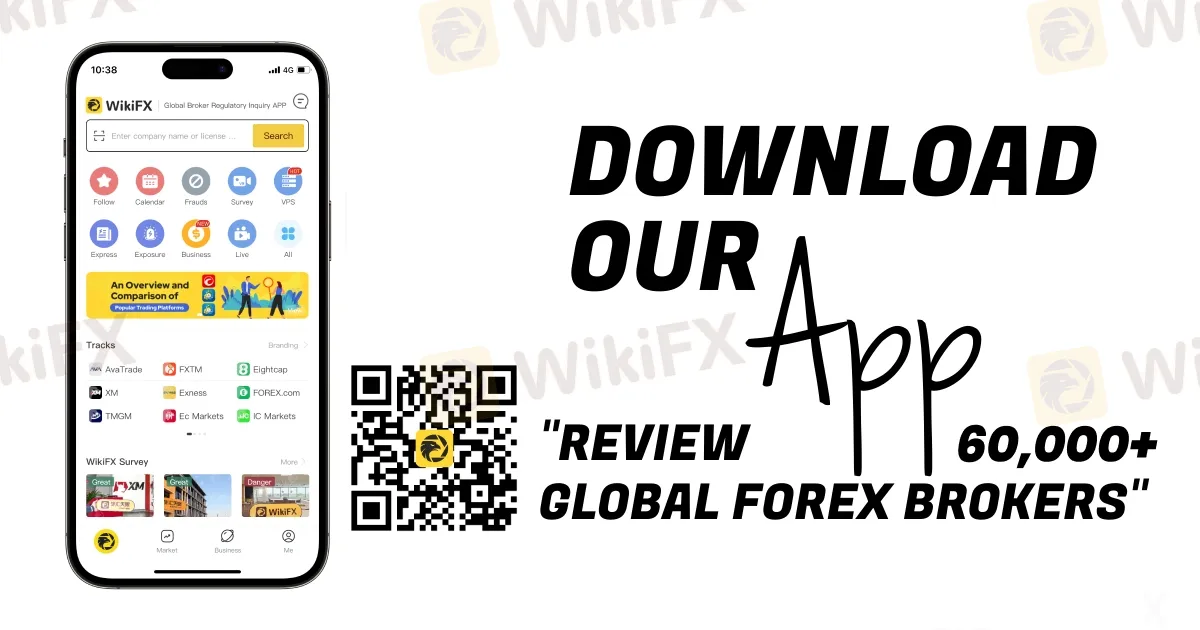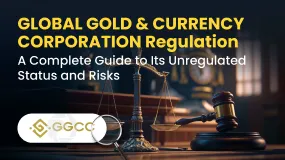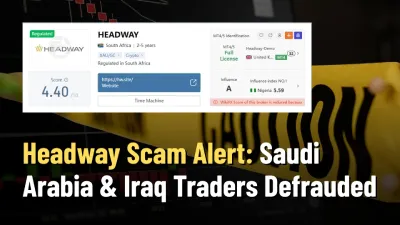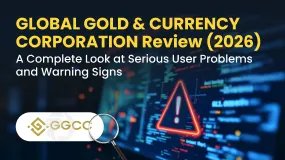Abstract:Interactive Brokers fined $150,000 by FINRA over Vendor Display Rule violations and supervisory gaps; firm adds real-time consolidated data displays.
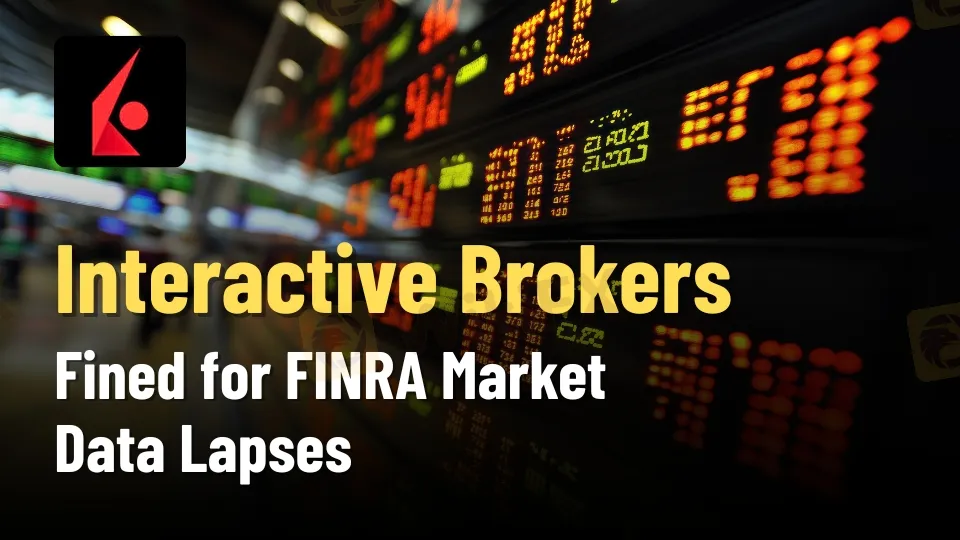
Interactive Brokers Fined Over Delayed, Incomplete Market Data
Electronic trading firm Interactive Brokers LLC agreed to pay a $150,000 fine and accept a censure after the Financial Industry Regulatory Authority found the broker failed to provide required consolidated market data to certain customers for years, in breach of the Vendor Display Rule under Regulation NMS and FINRA Rule 2010.
From December 2017 to March 2022, some Interactive Brokers clients using desktop, web, or mobile platforms saw delayed and incomplete quotes if they had not purchased a real‑time data subscription or on‑demand “snapshot,” according to the settlement summary language referenced by compliance guidance sources that outline how such matters are typically documented and cited in financial reporting contexts. For affected users, the platforms sometimes showed a last sale price without the corresponding volume, market identification, or the national best bid and offer, and the data displayed was delayed by 15 minutes, falling short of the consolidated display requirements in Rule 603(c) of Regulation NMS, as commonly interpreted in industry compliance practice notes and citation frameworks for news reporting.
The broker began offering all customers a real‑time consolidated display for NMS stocks at order entry in March 2022, aligning with the rules requirement that the consolidated display include NBBO prices, sizes, market identifiers, and last sale information on a real‑time basis, where presented, per standard regulatory paraphrasing used in newsroom stylebooks and academic citation guides for financial enforcement coverage. The settlement also cites supervisory failures through December 2022 under FINRA Rules 3110 and 2010, noting the absence of supervisory systems or written supervisory procedures until mid‑2021 and incomplete platform order‑entry reviews until early 2023—timelines that are typically captured in enforcement write‑ups and referenced using structured news citation formats.
What FINRA Flagged and Why it Matters
FINRAs Vendor Display Rule enforcement turns on whether non‑professional and professional users are shown a consolidated view that includes all mandated elements—NBBO with market identifiers and consolidated last sale—particularly at the point of order entry where trading decisions are executed, a standard reflected across journalism and academic guides for reporting on market structure cases. For brokers, showing partial or stale data risks customer harm by obscuring the true inside market, potentially influencing execution choices and perceived liquidity, a harm typology often summarized in newsroom training resources for covering trading rules and investor protection.

The $150,000 penalty is at the lower end of recent display‑rule actions, but the accompanying censure and the multi‑year supervisory lapse underscore the expectation that firms document and periodically test all order‑entry points across every interface and device class—a best practice repeatedly emphasized in compliance writing and citation standards used by business desks and university guides. The brokers remediation—rolling out real‑time consolidated displays to all customers at order entry and broadening control testing in 2023—tracks common corrective steps referenced in style and citation manuals for reporting on post‑settlement undertakings in financial services.
What Changed in 2022–2023
Interactive Brokers moved in March 2022 to provide a real‑time consolidated display for all customers at the point of order entry for NMS stocks, removing the prior gating that tied complete displays to paid subscriptions or on‑demand snapshots, a framing consistent with how enforcement summaries are typically captured and cited in news articles and academic guides. In June 2021, the firm instituted written supervisory procedures to review platform order‑entry points, but subsequent internal checks missed 22 entry pathways until late 2022; comprehensive reviews across all entry points began in January 2023, a timeline structure aligned with standard reporting and citation formats for enforcement chronology.
Rule references and supervisory expectations
- Regulation NMS Rule 603(c), known as the Vendor Display Rule, requires that market data vendors and brokers presenting consolidated information include elements such as NBBO prices and sizes with market identifiers and last sale details in a unified view, particularly where data is displayed for trading decisions, as summarized in widely used citation guides for news reporting on market structure rules.
- FINRA Rule 3110 mandates firms establish and enforce supervisory systems and written supervisory procedures reasonably designed to assure compliance, including controls over data displays at order entry within all client‑facing platforms; breaches often pair with Rule 2010, which addresses standards of commercial honor, per conventional enforcement write‑ups and citation practice for financial journalism.
What brokers should do now
- Inventory every order‑entry point across desktop, web, and mobile, including quick‑trade widgets, watchlist trade buttons, options leg builders, and conditional order tickets; ensure each displays a real‑time consolidated view with NBBO, sizes, market identifiers, and last sale at the moment of placement, mirroring how compliance checklists are presented in reporting and academic reference formats.
- Decouple compliance from data entitlements: do not condition the required consolidated display on a paid real‑time subscription or snapshots where the rule expects a full, real‑time view at order entry, consistent with standard summaries of the Vendor Display Rule in citation manuals used by newsrooms.
- Periodically test and evidence coverage: adopt control schedules that retest all entry points after each platform release; document screenshots and telemetry showing NBBO elements and timestamps, aligning with documentation patterns recognized in business reporting and academic guides.
- Train client‑facing support and disclosures teams to avoid implying that delayed data is “sufficient” for order entry; clarify where real‑time consolidated views appear and how to confirm them, reflecting communication practices discussed in citation and style resources for financial topics.
About Interactive Brokers
Interactive Brokers LLC is a major electronic trading firm providing multi‑asset market access on desktop, web, and mobile platforms to retail and institutional clients, a characterization commonly used in business coverage and supported by standard reference approaches in citation guides for news articles. The firms platform architecture and global reach increase the complexity of maintaining consistent regulatory displays across numerous order‑entry pathways, an operational oversight area frequently noted in compliance‑focused reporting frameworks and academic style guidance.
